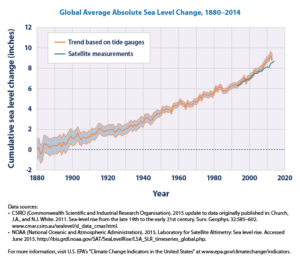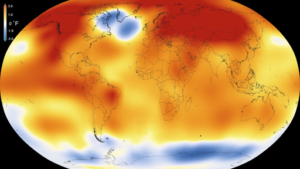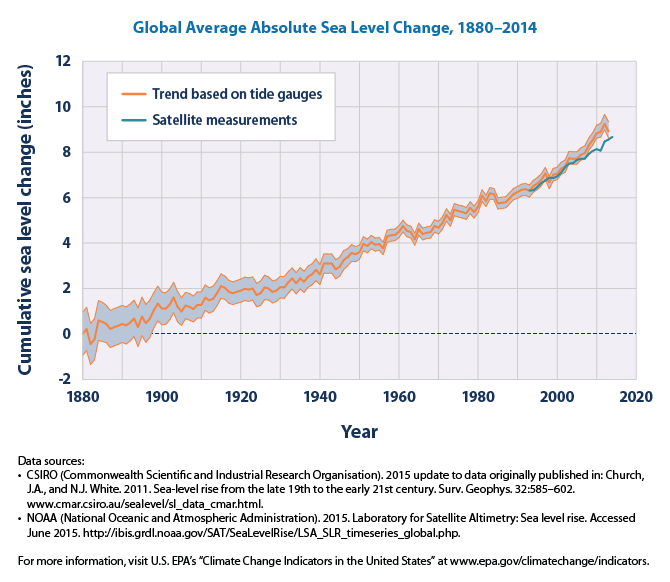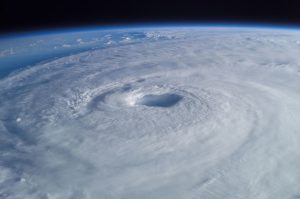The long retreat from the coasts
In a sense, human history since the end of the ice age has been the story of one long retreat from the ocean. I sometimes wonder if this is not why stories of floods are not so common in many cultures globally. Of course, flooding is a common human experience. But vast amounts of territory have been lost globally, from Beringia in the north Pacific, to the lost region of Doggerland between the United Kingdom and Denmark. This is why fishermen can pull harpoons out of the ocean near the Dogger Bank in the North Sea.
With global warming, this process is continuing. Some of my favorite places will be lost to the waters, such as south Florida. Entire cities are being moved to make way for this process. In some areas, such as China, the challenges are immense. But how can this transition be managed. Canada’s Hakai Institute has one of my favorite online journals, which focuses on marine issues. I strongly recommend one recent piece, ”Letting the Sea Have its Way,” which details the story of how Britain is abandoning some oceanside land. By allowing this terrain to return to the marsh that it once was, the nation gains environmental benefits, while also increasing local resiliency against flooding. This text itself is a selection from a forthcoming book by Erica Gies, ”Water Always Wins.” Based on this selection, this book will certainly be on my reading list.
Shawn Smallman, 2022





